IranWire understands that 113 Baha’is in Iran have suffered specific acts of persecution in the past 10 days, up from 52 last week, in a clear sign that the recent crackdown is still underway and is getting worse. They have been variously imprisoned, arrested, endured raids on their residences or businesses, and yet again been denied access to higher education.
In just one of the recorded incidents, no fewer than six families saw their homes destroyed on August 2, in the village of Roshankouh, Mazandaran province, where 20 hectares of property belonging to Baha’is in the village were also seized. A series of videos showed heavy earthmoving equipment with hydraulic rams destroying structures in the village, and Baha’is standing amid the ruins of their homes.
The destruction occurred during a violent raid by around 200 security agents during which phones were also confiscated, neighbors told to stay in their homes, and pepper spray and live rounds used to disperse crowds. Barbed wire fencing was installed around the Baha’i-owned properties to inhibit access.
Three of those arrested across Iran last week, Mahvash Sabet, Fariba Kamalabadi and Afif Naemi, were formerly leaders of the Yaran: an informal group of Iranian Baha’is that was disbanded by default back in 2007 and 2008. They had already served a decade in jail. Of the other dozens of detainees, little is known beyond their adherence to a peaceful faith.
Earlier this month Iran’s Ministry of Intelligence issued a rare statement in which it tried to justify the persecution by appealing to conspiracy theories, allegations of espionage by Baha’is, and claims they were agents of “colonialism” who had been trying to “infiltrate kindergartens”.
IranWire spoke to Moojan Momen, a historian and scholar of the Baha’i faith as well as of the community's persecution in Iran, on why this latest clampdown has been so severe.
How is the most recent persecution of the Baha’is in Iran different?
A year ago we had an election in which a much more hardline government came to power. I guess they have decided to implement some long-standing plans against the Baha’is. That's just a guess. Obviously there are many problems in Iran and one wonders whether they are trying to distract attention away from other problems in society..
I think a group of very hardline and ultra-conservative clerics have come to power. I don’t know which individual in the new government is the most anti-Baha’i, or who’s been appointed to what, but, from the top and going down, they are all hardline and ultra-conservative, all in league with the Revolutionary Guards, and that combination is bad news not just for Baha’is, but for many other minorities, for women and others.
The latest incidents have not just been home destructions, or denial of higher education, or arrests, or hate propaganda; they have been all of them at once. Is there any significance to this?
The fact that these attacks have been across-the-board and widespread geographically shows they have definitely been driven at a very high level. You can’t say it's just been local officials who might have taken it into their heads to do something locally. Other persecutions that have erupted from time to time have been local – but this, we can be fairly sure, was decided at the highest levels and implemented nationally.
Why have the authorities targeted the three former members of the Yaran?
Surely, because they are the most visible of the seven former Yaran figures. They’ve been at the centre of international attention. They have not done anything since their release but the authorities probably see them as symbols of the Baha'i presence in Iran. Perhaps also the Iranian government was hoping that the arrest of these three former Yaran will get all the media attention outside Iran and distract attention from what they are doing in the villages and elsewhere.
Why have they attacked Roshankouh again?
In Iran, historically, there have been quite a number of rural Baha’i communities where either the whole village or the majority were Baha’is. Most of these have in fact now been cleansed of Baha’is. I don’t know whether to call it ethnic cleansing or religious cleansing, but that's what happened; the Baha’is were totally removed either during or after the Revolution.
Places like Seisan, in East Azerbaijan province. That village was almost totally Baha’i but then some Muslims moved in before the revolution, and after the revolution the Baha’is were removed because clerical authorities saw then as najis, or impure, so they decided to cleanse them from the area. Now there are just a handful of villages left with an appreciable number of Baha’is – so the authorities are going after the last few.
What is the meaning of najis, or ritual impurity, and why does it lead to the persecution of Baha’is in Iran?
The concept of najis comes from the need for a Muslim to be "pure" to say their obligatory prayers. In Islam there’s a long list of things that make one impure, so a believer needs to avoid contact with these, and if they do come into contact with any of them then they need to go through some ritual purification to be able to then say their prayers.
Shia Muslims have, in general, taken this to a far greater extreme than Sunni believers. The Shias, traditionally anyway, have regarded people who are not Muslims - Jews, Zoroastrians and so on - as being ritually impure. If any Muslim touched them, or ate anything they had touched, in the 19th century at any rate, they were considered to have become impure because of that contact. The situation got so extreme that at some point Jews and Zoroastrians couldn’t go out of their home, if it was raining, in case a drop of rain fell on them, then splashed onto a Muslim, and made them impure.
Shia Islam therefore had some harsh interpretations on impurity which the present government has revived and applied to the Baha’is, "just in case" their presence is "offensive" to the Muslim residents of a place like Roshankouh. Of course, it isn't, as they’ve been living together for 100 years.
The Twitter account for the Archives of Baha’i Persecution recently shared a document in which other residents of Roshankouh testified to the legitimate claims of the Baha’is [to the land].
Yes – it’s outsiders who moved in to render the area “pure” for Muslims. But najis is a ritual concept and in the case of the Baha’is, has been taken to such an extent that even living in the same village as Baha’is [in the Islamic Republic's telling] renders Muslims "unclean", and so the Muslims need to be kept “safe”. It’s certainly an extreme interpretation of Islam. But you have extreme interpretations of Islam all over the place, from the Taliban to Islamic State.
visit the accountability section
In this section of Iran Wire, you can contact the officials and launch your campaign for various problems





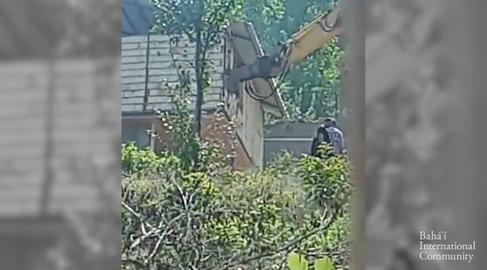

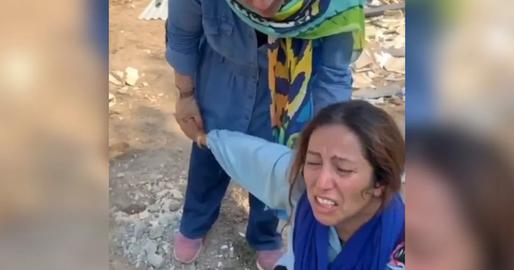
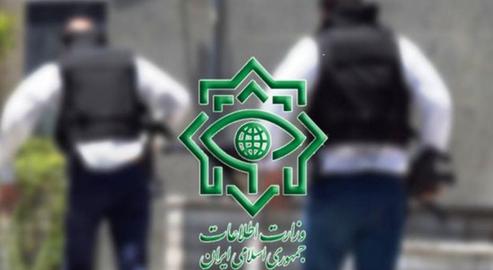
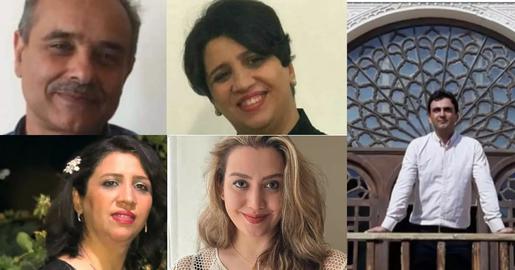
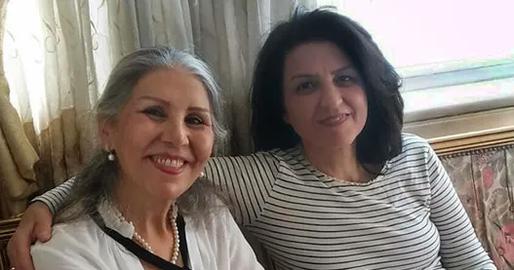
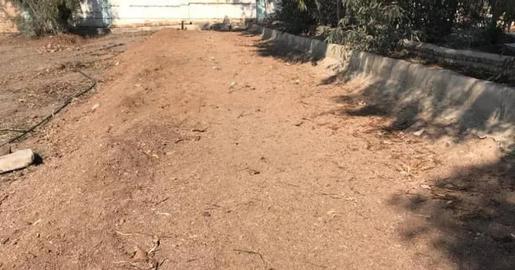
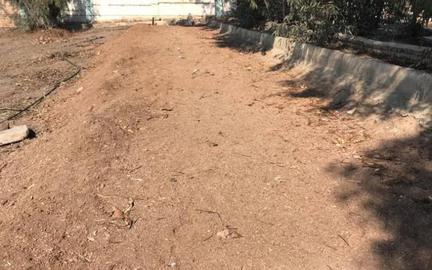

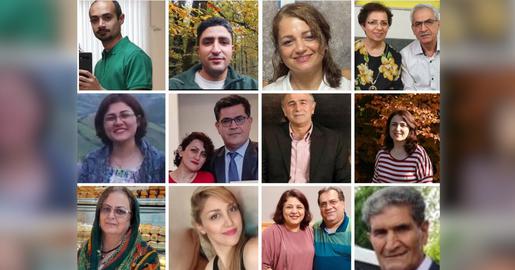
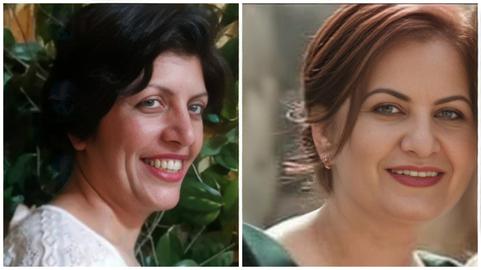
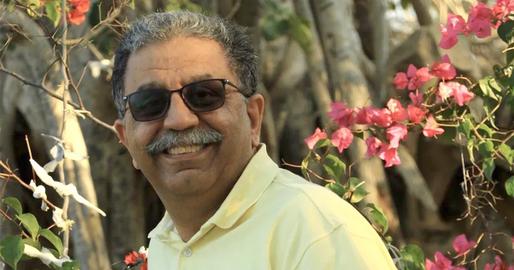



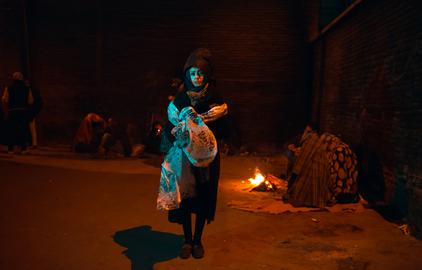
comments